Susanna Hall (Shakespeare's eldest daughter)
Susanna Hall was the eldest child of
William Shakespeare. She was baptized on 26th May 1583 at Holy Trinity church
in Stratford upon Avon. She had two younger siblings – twins Hamnet and Judith – and was raised in
the family home owned on Henley Street, owned by her grandfather, John
Shakespeare. It was a crowded house when she was little, containing both her
paternal grandparents, her mother and siblings, and several of her father’s
younger siblings as well.
While it is unlikely she had any formal education, which was reserved for male children at the time, Susanna did learn to read and write, possibly taught by her parents or by one of her younger uncles who were not too far from her in age.
In 1607, at the age of 24, Susanna married a newcomer to
Stratford, the 32-year-old physician and Puritan, John Hall. They had one
child, Elizabeth, born in 1608. John Hall had a successful practice, ministering
to the local gentry. Some of his case notes were published after his death in
1635, shedding valuable insight on
medical practices in the seventeenth century, and they include a description of
his wife’s illness and the treatments he prescribed.
When Susanna was a young wife and mother, in June 1613 a young
man, John Lane, accused Susanna of adultery with a local haberdasher, Rafe
Smith, and claimed she had caught a venereal disease from Smith. It turned out
however that Lane held a grudge against John Hall for his support of a Puritan
minister at Holy Trinity church and sought to hurt him through attacking his
wife. Hall sued him for slander and, when Lane didn’t appear in court, won.
History doesn’t record Susanna’s thoughts and feelings on the slander.
Shakespeare made John Hall the executor of his will and left the
bulk of his estate to Susanna Hall when he died in 1616. This included two
houses on Henley Street, several pieces of land around Stratford, and New
Place, one of the oldest and largest houses in Stratford, where Shakespeare and
his wife lived. The Halls subsequently moved in with Susanna’s widowed mother.
In 1643, at the height of the English Civil War, Queen Henrietta
Maria, wife of King Charles I, stayed with Susanna at New Place for three days.
The town hall in Stratford had been blown up a few months earlier and tensions
were running high. It is said that she brought a thousand horses and a hundred
wagons. One can only imagine the conversation between the young queen, a French
woman and a Catholic, and Susanna, herself English, Puritan and citizen of a
town that was firmly against the King.
Susanna died on July 11, 1649, at the age of 66 and was buried in Holy Trinity Church beside her parents. The epitaph below was likely written by her daughter, Elizabeth.
Witty above her sex, but that’s not all,
Wise to salvation was good Mistress Hall.
Something of Shakespeare was in that, but this
Wholly of him with whom she’s now in blisse.
Then, passenger, hast nere a tear
To weep with her that wept with all
That wept, yet set herself to chere
Them up with comforts cordiall?
Her love shall live, her mercy spread
When thou hast nerre a tear to shed.
To order, please visit: https://www.fishgottaswimeditions.com/books-1
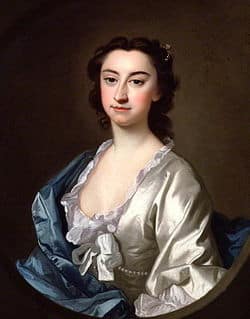

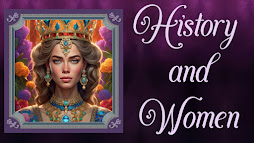


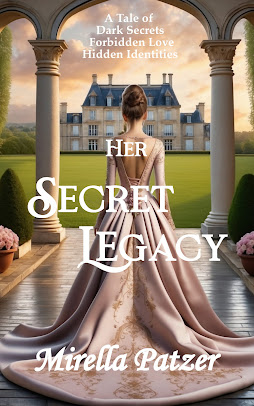


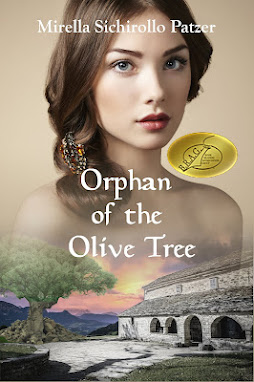
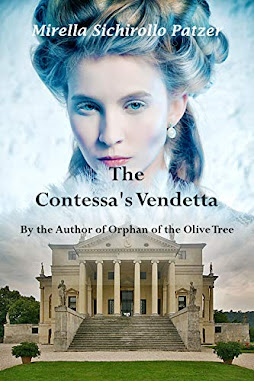










Post a Comment
0 Comments